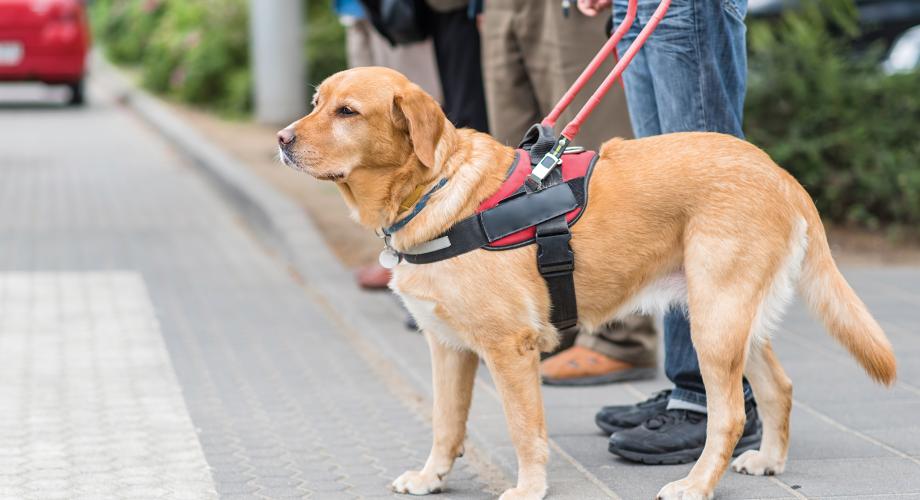Rental housing providers and property managers are experiencing increased interactions with the Department of Housing and Urban Development (HUD) and state human relations commissions due to alleged fair housing violations relating to residents’ requests for assistance animals. HUD released updated federal guidance on accommodations for animals in housing just before the COVID-19 pandemic began.
There are two types of assistance animals: service animals and other support animals. A service animal is a dog that is specifically trained to perform some work or task that benefits its disabled owner. Support animals include other trained or untrained animals that do work, perform tasks, provide assistance and/or provide therapeutic emotional support for individuals with disabilities. Investigations into alleged violations can be costly and inconvenient. Steven M. Williams, Esq., Managing Partner of the law firm Cohen Seglias, shares a number of important things to know about the laws regarding assistance animals.
1. Assistance animals are not “pets.” Assistance animals cannot be subject to pet rules, deposits or fees. While some of the conduct-based rules that apply to pets will also apply to assistance animals, others will not. You should consider having a separate set of conduct-based rules that omit any reference to deposits or fees.
2. With extremely limited exceptions, a disabled person is entitled to an assistance animal irrespective of the breed. Though there are extremely limited exceptions, you cannot legally refuse an assistance animal simply because it is one of the restricted breeds that you do not allow as pets. You also cannot limit the number of assistance animals a disabled resident can have so long as each qualifies on its own.
3. There are limits to the information you can request from the resident. A housing provider can obtain verification of the existence of a disability and/or the relationship between the disability and the requested accommodation, if either or both are not readily observable/readily apparent.
In order to evaluate a resident’s request for a service animal, you are entitled to ask only two questions: (1) is the animal needed due to a disability, and (2) what work or tasks has the animal been trained to perform. According to HUD’s best practices, third-party verification should not be requested when a person has satisfactorily answered the two questions qualifying a service dog, even if the disability or disability-related need is not readily apparent.
To evaluate a resident’s request for an assistance animal other than a service animal, you are entitled to documentation from a verifier only that: (1) the resident is disabled, (2) the resident needs the animal to accommodate the disability, (3) there is a connection between the need for the animal and the disability, and (4) there are no other accommodations that will work for the resident. You are not entitled to know what the disability is or the resident’s diagnosis, and you may not ask for medical records.
4. A housing provider may request reliable documentation when an individual requesting a reasonable accommodation has a disability and disability-related need that are not obvious or otherwise known. In many cases, the verifier will be a medical professional, but the law does not require it to be. Do not limit verifiers to medical professionals.
5. You cannot simply deny a resident’s request. You may not deny a request without first engaging in the interactive process, i.e., giving the resident the opportunity to discuss with you the need for an assistance animal.
6. There are limitations to using the direct threat exception to deny a request. A direct threat cannot be established by generalized assumptions, fears or speculation that the animal may cause injury or damage, or because the animal is part of a “dangerous” breed. Rather, a direct threat is established by specific proof of dangerous behavior based on objective evidence regarding the specific animal being requested.
7. It is illegal to disclose anything about the resident. Owners-operators are often questioned about why another resident has an animal that is not consistent with the pet policies, and the only answer should be that you are in compliance with all applicable laws. Saying anything that reveals or indicates that the resident is disabled or has a disability-related need for the animal could result in a fair housing violation.
Learn more about emotional support animals and gain access to the ESA Toolkit.
Steven M. Williams, Esq., Managing Partner with Cohen Seglias.
